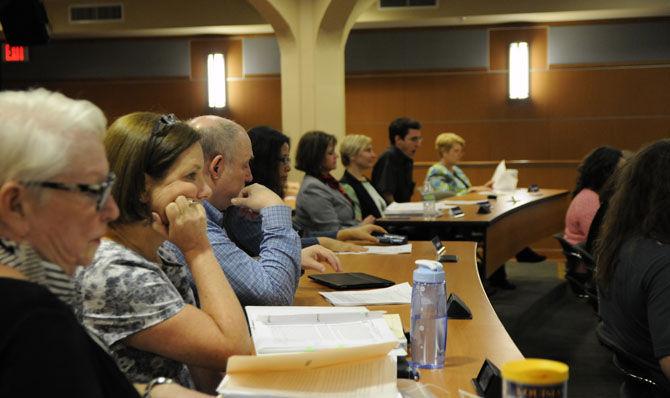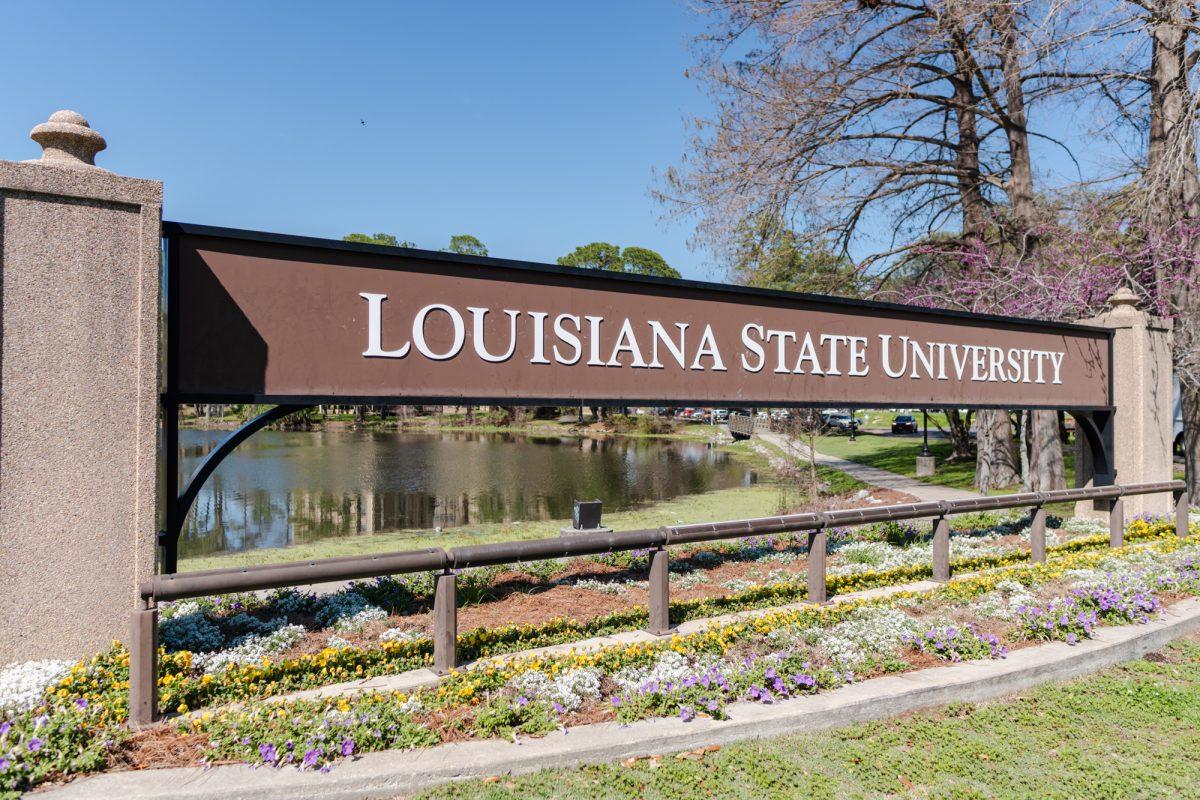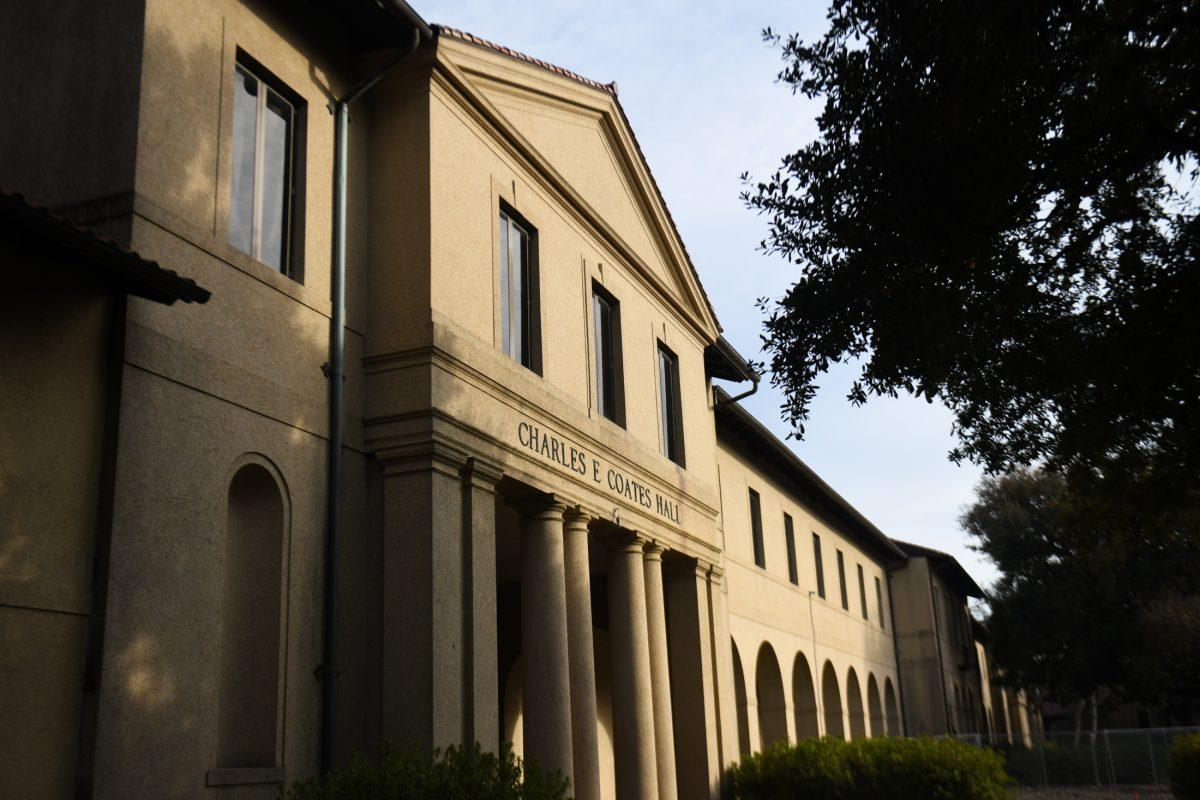As cap-and-gown season nears and airline ticket prices skyrocket, many international students are preparing for their parents’ and friends’ arrival to their spring graduation ceremonies. However, some of these undergraduates realized they didn’t have enough credits to walk the stage until after their families purchased a flight.
Kinesiology professor Arend Van Gemmert sought to fix this dilemma when he brought forth his resolution to the LSU Faculty Senate, “Reducing stress levels of students and faculty as a result of investments of family and friends to attend the graduation ceremony,” for a second read at last Monday’s meeting.
Faculty Senate struck down the resolution, and though Van Gemmert said he is not “actively working on it now,” he said he might look into reviving it for future discussion.
“I have to think really, really hard about what to do next to make [the resolution] acceptable for everyone,” he said.
According to the University’s Office of Budget and Planning website, 1,704 out of 31,527 students in Fall 2015 were non-U.S. citizens from “other nations.” A Netherlands native himself, Van Gemmert said he understands the frustrations that come with travel complications.
A first draft proposed graduating international seniors could still walk the stage as long as they met certain requirements, such as an acceptable GPA and a specific number of courses remaining.
Van Gemmert then revised the document to resolve “that graduating seniors will be able to request up until one month before the start of the final examinations when the senior is expected to graduate to delay their participation in the graduation ceremony until the graduation ceremony following the semester they are graduating.”
His resolution examined the policies of other universities across the nation for similar issues. According to the document’s findings, the University of California, Berkeley and Cornell University allow students to delay walking one semester, and other institutions like the Universities of Alabama and Arkansas allow students to walk without receiving a diploma.
Natalie Rigby, the University’s director of International Services, said most students should know far enough in advance whether they would be eligible to graduate. However, she said a resolution like Van Gemmert’s should keep the entire campus in mind, along with the “integrity of graduation.”
Though she is aware of some students who have had to postpone graduation, Rigby said she has not seen any specific cases involving booked flights. Despite this, she said the University should always consider the needs of international students.
“International students are right at five percent of the population,” she said. “It’s going to be a small percentage, but they add diversity to the campus and they provide aspects and a worldly view that wouldn’t be here otherwise.”
While students crossing the stage would be “purely symbolic,” Faculty Senate President Kevin Cope said it raised concerns among the Senate.
Cope said members denied the resolution because they collectively believed it would lower standards at the University and complicate the Registrar’s Office’s tracking of graduates.
“I think also there was a little bit of worry that overall this might send the signal that graduation was easier than it ought to be,” Cope said.
Van Gemmert said he does not think it is fair that graduation candidates’ loved ones have to pay high prices for a ceremony they may or may not get to see.
“To me, commencement is a celebration of the final stages of students’ accomplishments and also a celebration of family and friends supporting this student,” Van Gemmert said.
Faculty Senate votes down resolution involving graduation travel investments
March 4, 2016
Various members of the LSU faculty sit in on the Faculty Senate Meeting held on Tuesday, Oct. 6, 2015 in the Capitol Chamber of the LSU Student Union.
More to Discover











